The spokesperson of the Chinese Consulate General on Wednesday refuted irresponsible reports by some U.S. media that smear and distort China's COVID-19 policy adjustment and anti-COVID effectiveness.
"Since COVID began, the Chinese government has always put the people and their lives above all else. We have poured all our efforts and resources into protecting the life and health of every Chinese during the toughest time," said Qian Jin, who is also the Deputy Chinese Consul General in New York.
Over the past three years, China has effectively dealt with the impact of five COVID waves, avoiding the spread of the original strains and the Delta variant strains, greatly reducing severe cases and deaths, and buying precious time for the research and application of vaccines and drugs, as well as the preparation of medical resources, Qian said.
Globally speaking, China has had the lowest rates of severe cases and mortality. Despite the pandemic, average life expectancy in China went up from 77.3 to 78.2 years. During their visit to China, the expert team from the World Health Organization (WHO) expressed admiration for China's success in slowing down the curve of COVID-19 and spoke highly of China's achievements in fighting the epidemic, saying that China has created a miracle, said Qian.
The spokesperson said China not only protects the lives and health of its own people, but also shows solidarity with the international community in its fight against COVID-19.
China was the first to propose that vaccines should be used as a global public good, and China has provided vaccines and a large amount of anti-COVID materials to the world and donated to the WHO, he noted.
With an open, transparent and responsible attitude, China has shared information with other countries from the very beginning of the epidemic and helped the international community in its response to the epidemic, he said.
With Omicron much less pathogenic and deadly and the rate of severe cases and mortality decreasing significantly, China has taken the initiative to refine its COVID response measures, the spokesperson said.
"The Chinese people are more concerned about their daily life, work, study and livelihood. When the people want something, the government must actively respond," he said.
Based on the experience of other countries' COVID prevention and China's treatment, testing and vaccination capacity being steadily on the rise, China has issued steps to treat COVID-19 as a Class-B instead of Class-A infectious disease, shifting the focus of response from stemming infection to preventing severe cases and caring for its people's health.
This shift is also important from a strategic and long-term perspective for effectively coordinating a COVID response with economic and social development and safeguarding the fundamental interests of the greatest majority of the people, the spokesperson said.
As response measures are being refined, relevant Chinese departments have worked actively to beef up medical resources, set up a multi-tiered and category-based diagnosis and treatment mechanism, and increased the production capacity and supply of medicines, the spokesperson further said.
"We have mobilized as many resources as possible to protect the elderly with underlying health conditions, pregnant and lying-in women, children and other key groups, and made every effort to reduce severe cases and deaths," said Qian.
So far, China has supplied more than 3.46 billion vaccines doses for its people, with a coverage rate of over 90 percent, with 85 percent of 60-plus-year-old people and 65 percent of 80-plus-year-old people being vaccinated. Accelerating the vaccination of the elderly has achieved positive results and successfully protected the Chinese people during the toughest time. China is also upgrading its vaccines to improve their effectiveness and better deal with the mutation of the virus, the spokesperson said.
Before COVID-19, more than 5 million people traveled between China and the United States across the Pacific every year, vigorously promoting mutual understanding, mutual trust and consensus, Qian said.
"We've always believed that for all countries, COVID response measures need to be science-based and proportionate without affecting normal people-to-people exchanges. We have also noted that quite a few countries have spoken positively about China's provisional measures on cross-border travel and that they hope such travel will further pick up with greater ease," said the spokesperson.








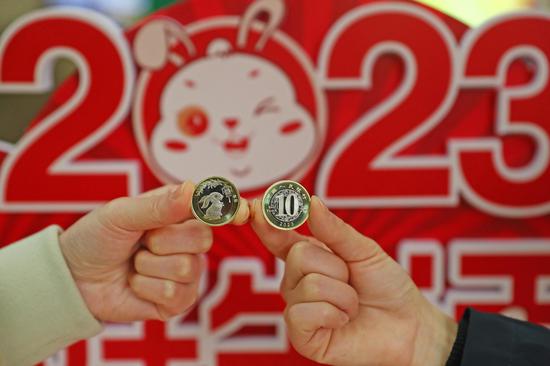
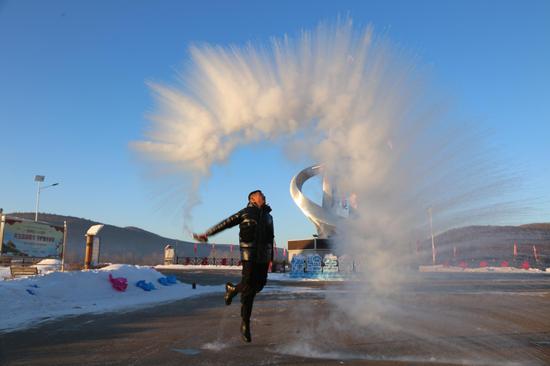
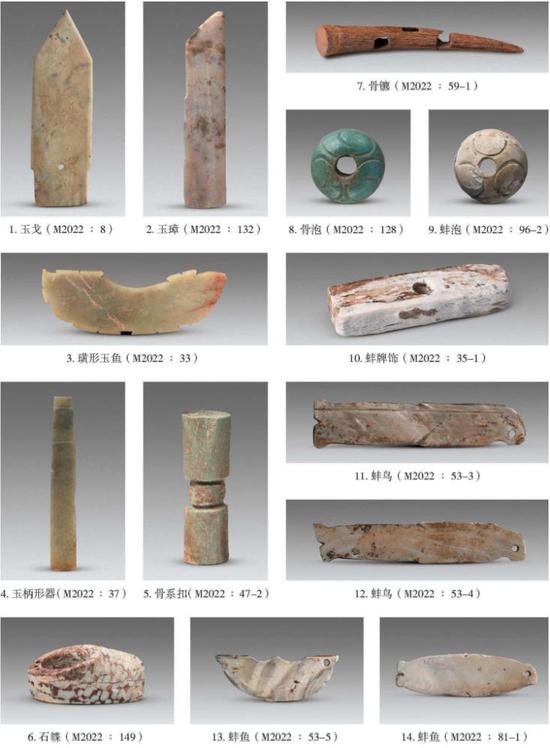

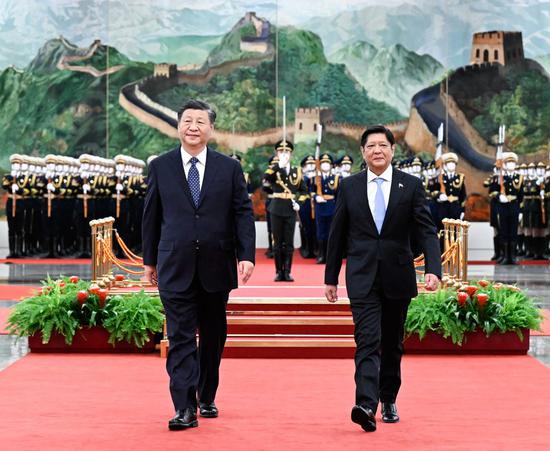
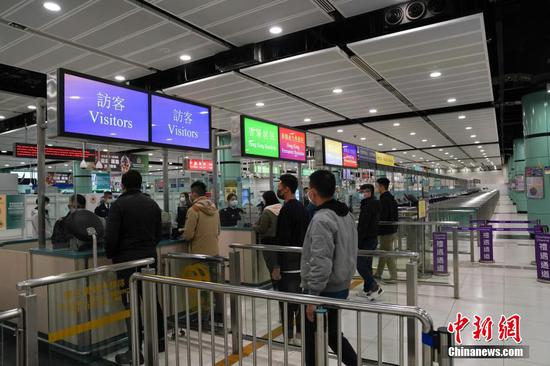

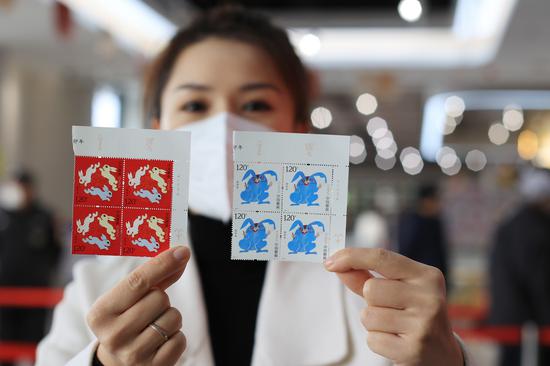


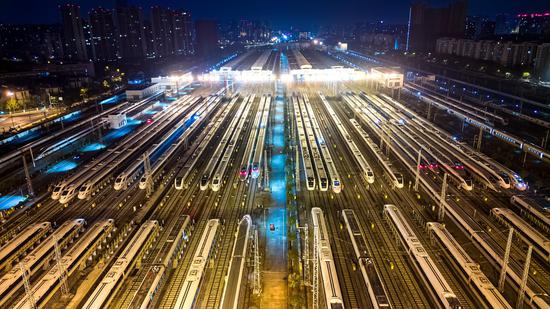
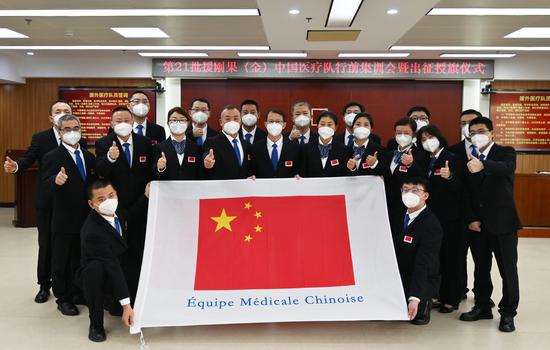




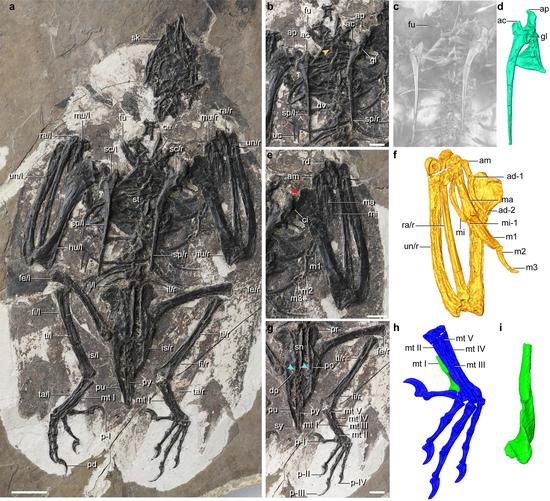
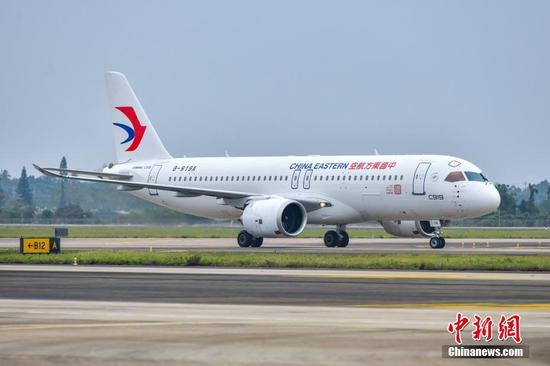





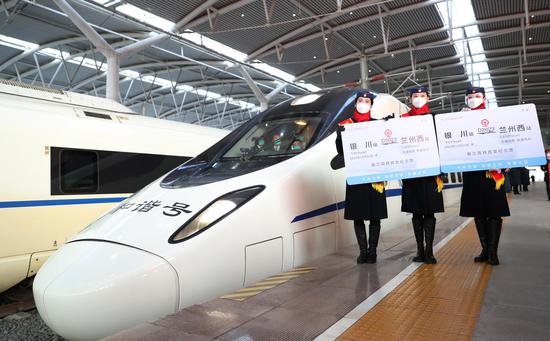



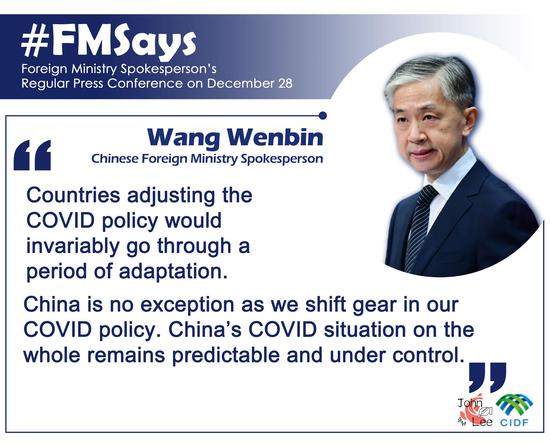
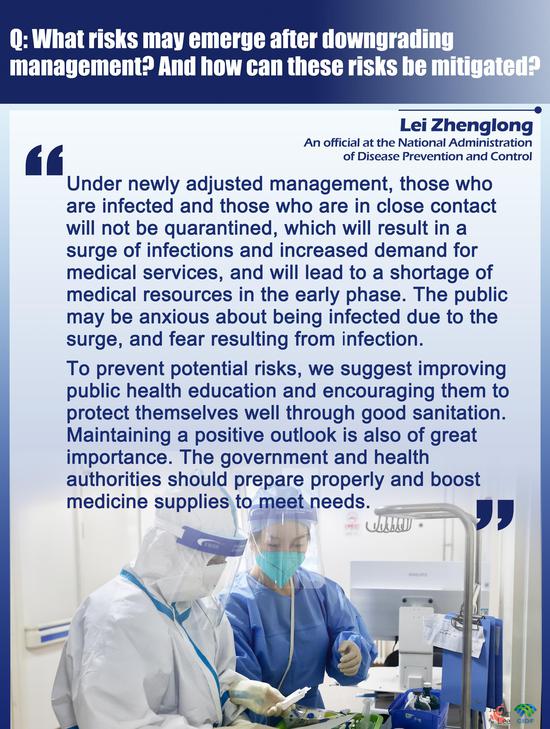

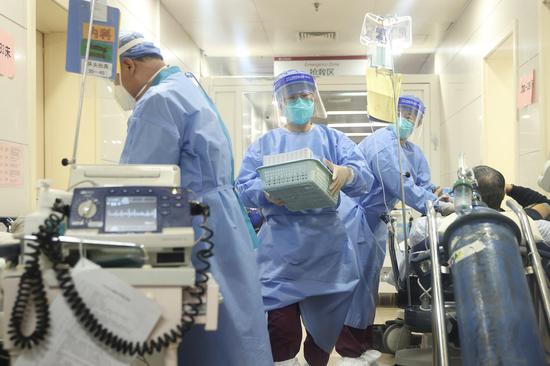
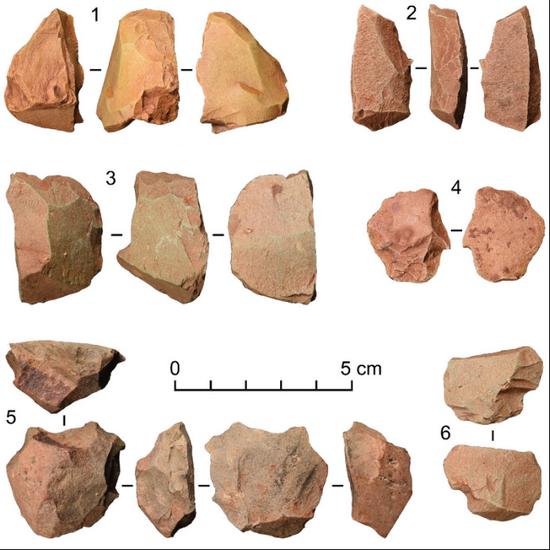

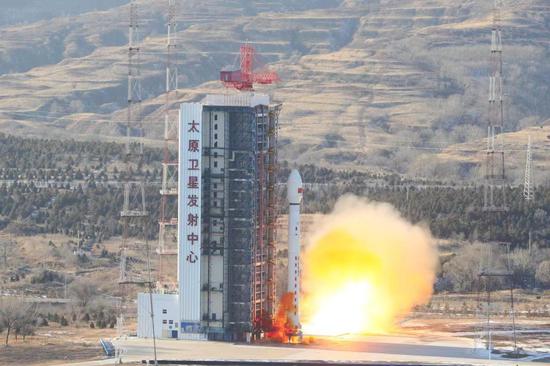

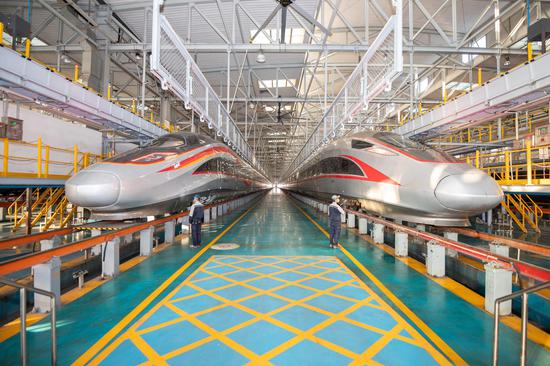
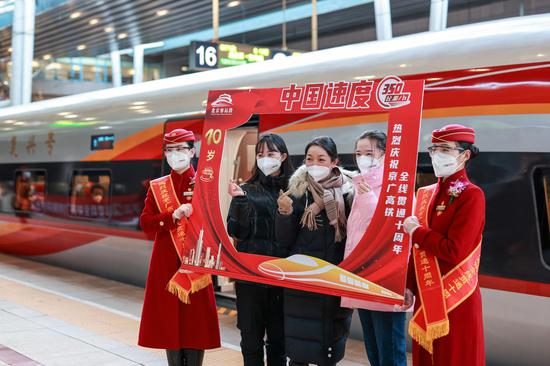





 京公网安备 11010202009201号
京公网安备 11010202009201号